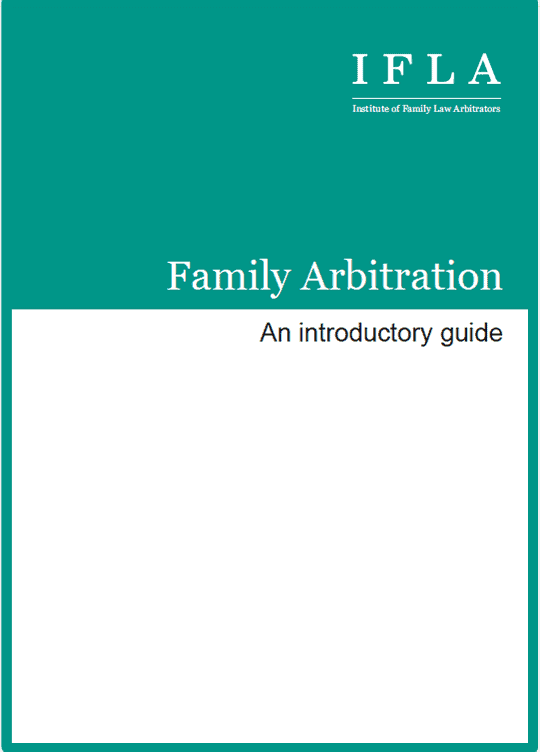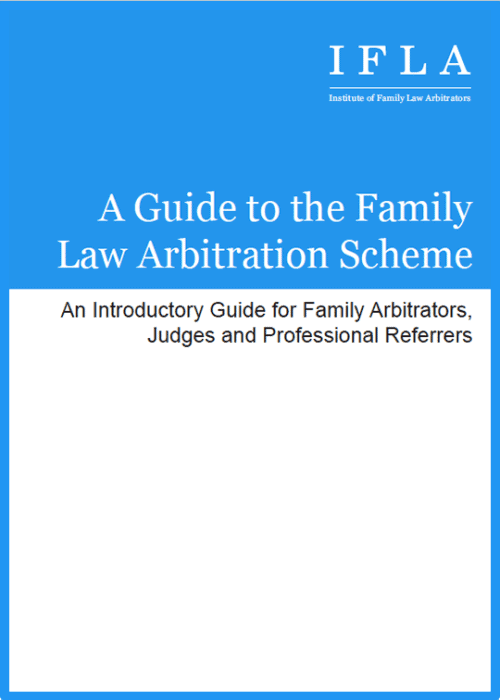


Specialisms
- Big Money Assets
- Child Maintenance
- Children Financial Disputes
- Civil Partnership
- Cohabitation Claims
- Family or Small Business
- Middle Range Assets
- Modest Assets
- UK Pensions
James Pirrie
T: 07989 303 637 (office 0207 420 5000) | jp@flip.co.uk
Experiences: I was fortunate to be appointed to deal with one of the first arbitrations in this jurisdiction and have worked hard since then to create an efficient process that will meet the needs of clients and those representing them. In that first arbitration, we operated by meeting and also conference call and further managed costs by papers-only submissions rather than a hearing.
Since then I have been involved in a further 28 arbitrations (as at the end of 2022) – as the solicitor acting for one party or as the arbitrator, mostly “papers” only and creating significant savings for clients in terms of stress, time and cost. I was one of the conducting solicitors on the case (S v S [2014] EWHC 7), which saw the then President giving a strong endorsement to the process.
I have provided outlines and quotes in rather more than one hundred and fifty cases (so don’t feel bad about making the enquiry; I am used to it and also to the low conversion rate from enquiry to case. I have the same experience when acting as the solicitor!). Of those:
- three relate[d] to children and the rest were finance-related
- most involved in person meetings but with the final stages conducted by paper submissions
- two involved in person hearings (one at our offices and one on-line)
- most involved parties represented by solicitors – many with counsel too – a few have involved parties “in person”
- few involved significant assets: the motivation was often the low cost of arbitration to deliver fair conclusion to stuck cases that would otherwise advance through the courts at disproportionate cost.
The arbitral option: I am an enthusiast. I believe that the circumstances will be rare where arbitration does not offer an easier, safer, faster and more cost effective process towards an outcome that is more likely to feel satisfactory for the clients. It can have some of the same flexibility, speed and efficiency as mediation and collaborative processes, but unlike those processes, it will impose an outcome where agreement can’t be found. So it is particularly valuable where the differences between positions seem hard to bridge but the court process seems too slow or expensive to be a realistic option.
Obvious candidates therefore where arbitration should be the default are maintenance variation cases, ‘schedule 1’ matters and cases where the assets risk being eroded significantly through the traditional court approach. It also works well for example where there are finance and parenting questions to resolve as these can be managed at one go in arbitration, unlike court. There are also real benefits for the stuck-on-the-last-point cases that have almost negotiated their way to conclusion (for example in solicitor-led negotiations, mediation or collaborative cases) where arbitration can provide the last brick in the arch (court would require a start from ground level).
With the FPR part 28 (esp 28A para 4) rule changes, arbitration may be the only safe way to progress. Where (during Covid 19) the variation may be relatively short-term, the imperative for a speedy affordable solution is all the greater. In these days of increased visibility of court process to the media makes those seeking a private resolution process should surely always be seeking out arbitration.
My background: I aim to bring my skills in the law, as a mediator and as a collaborative lawyer to help couples recognise how to address issues and see the sense of the solution imposed. I have found the process works well with represented and unrepresented parties and conduct cases from my offices on the Aldwych, London WC2 or at appropriate venues that are convenient for the parties and their solicitors. I see cases completing in time-frames that are appropriate for clients and their advisors, but usually between two and six months from first meeting to providing an award. Three weeks is my fastest so far in finances and 52 hours on an urgent parenting case. Costs will usually be in the range of £4-7,000 plus vat. In 2015, I was able to complete one case for £650 plus vat.
“Last brick in the arch”: Sometimes clients can get most of the way to conclusion but are stuck on one item or another. I worked with family law leaders in Brighton to provide a determination of the one remaining item in a collaborative case.
Mediation to arbitration in children matters: This “last brick in the arch” concept is particularly relevant in children matters. All too often parties can progress most of the way to a conclusion in mediation but then become stuck in a few last items. Falling back on the court process, they would usually be working from a levelled field, probably losing the excellent parent-informed structures successfully constructed in the faltering mediation. But in arbitration, the “building so far” can be imported intact with then – at relatively low cost and high speed – the final items being determined one way or the other (or something else entirely, provided that it promotes the child’s well-being and is thus in line with the law).
This may offer parents the best of all worlds in terms of self-determination (for all aspects where this is possible), and then the imposed conclusion for the remainder, minimising costs and avoiding delay.
One thing or the other but at least closure: Children Act ’89 applications are usually (always?) motivated by the family life that we want to have with our children. Ironic and tragic therefore that this life can start to go by whilst we are locked in the cost and uncertainty of litigation. Sometimes making it worse can be the Hobbesian jungle during the unregulated period post issue and pre judge involvement. As a solicitor in these situations, often clients say to me “I just need it resolved – I could live with one way or the other but we just need to know so we can get on with our lives.” My aim is to create a process that will bring these issues to a close … perhaps there is no magical 3rd route that leaves each side delighted (usually there isn’t) but at least let’s make closure fast and at contained cost and before the dispute can do more damage to the parents’ relationship that the children so need to be strong for the difficult business of separated co-parenting to go forward well.
Child Support – the CMS: those locked within the maze of the CMS may be desperate to find a way out. It may be possible to create structures in these cases that would permit resolution by arbitration. The CMS has been one of my compulsions since the scheme went live in 1993 and I am happy to explore what can be done to provide appropriate closure.
Procedural issues: I have long been interested in whether the court can use the easier & cheaper access to an arbitrator to relieve itself of some of the burdens of detailed case management stages, even whilst the rest of the case continues at court. “Yes” seems to come the answer from Moor J in CM v CM [2019] EWFC 16 at para 10:
“High Court Judges are exceptionally busy. They do not have time to draft letters of instruction or even to determine disputes as to the wording of such letters …. If, however, in a future case, there is a genuine issue as to drafting, I consider it would be exactly the sort of matter that should be referred to an arbitrator who is accredited by the Institute of Family Law Arbitrators”.
Technology: Once your arbitration is up and running, most arbitrators will list directions appointments to progress the case within a matter of days. Most of us can provide this service on line permitting speedy and low-cost progress for cases. We will all be familiar and comfortable with conducting hearings on line where this is preferred.
Principles: The object of arbitration is the safe and fair resolution of disputes that are within the scope of the IFLA scheme. We are led by the Arbitration Act 1996, which puts out front and centre the underlying principle:
“… the object of arbitration is to obtain the fair resolution of disputes by an impartial tribunal without unnecessary delay or expense; the parties should be free to agree how their disputes are resolved, subject only to such safeguards as are necessary in the public interest (s1 Arbitration Act 1996)
Safeguarding: at FLiP, we will generally provide an intake process through a colleague, who will work with you to assess what can be put in place to enable you to give of your best during this process.
First steps: I am pleased to talk to anyone (on a no-fee and no-obligation basis) about the process. Where case-specific discussions are needed then I would have such discussions with both sides on a conference call. I am happy to provide information in writing to assist the clients discuss with their advisors whether to adopt arbitration in preference to the available alternatives.
Further outreach through http://www.familyarbitrator.com/
Relevant skills & training
- An active mediator, having qualified with NFM in the late 1980s
- Trained in commercial model/ hybrid scheme mediation
- Collaborative practitioner qualified 2003
- FPC and G10 qualifications of CII
- Instrumental in the development of parenting after parting and trained in direct child consultation.
A fuller list is available at https://www.collaborativepractice.com/members/1215
Recent arbitration blogs include these:
https://www.flip.co.uk/court-v-arbitration-a-game-of-two-halves/
https://www.flip.co.uk/family-arbitration-what-is-involved/
https://www.flip.co.uk/could-arbitration-help-avoid-the-blame-game/

